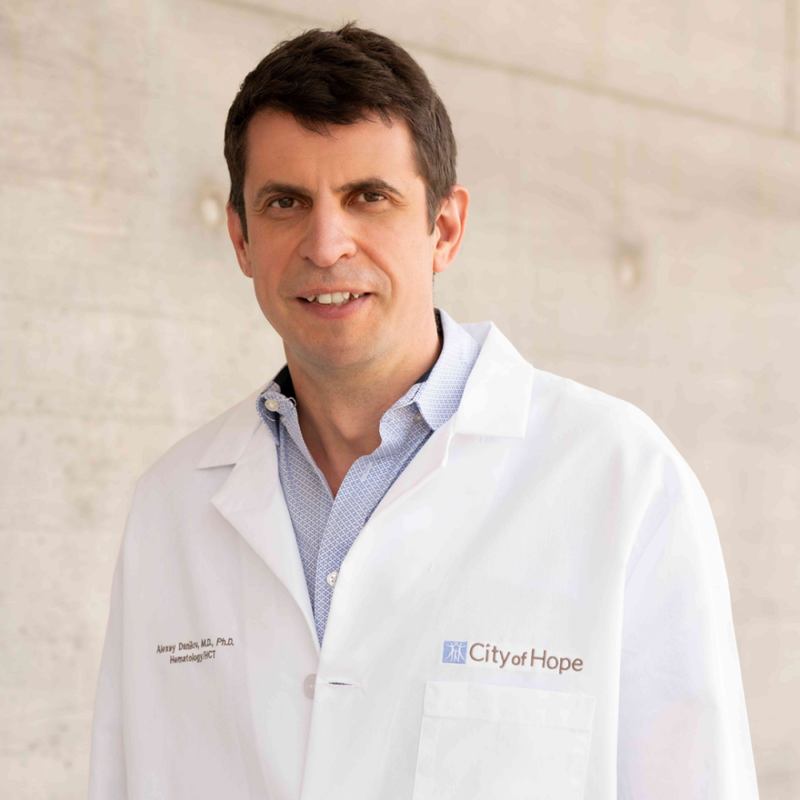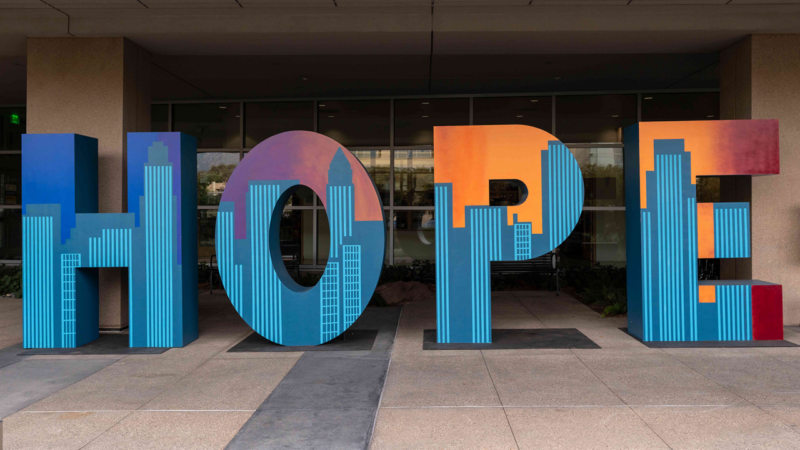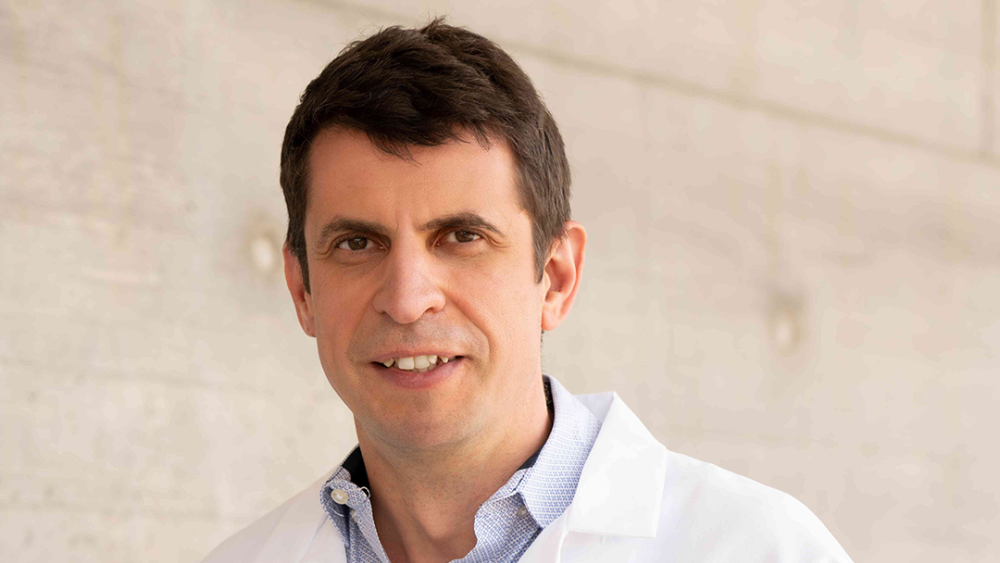City of Hope shared a post on LinkedIn:
“City of Hope physicians and scientists are showcasing novel research in blood cancers at the 66th Annual Meeting and Exposition presented by the American Society of Hematology (ASH) in San Diego, California.
Among the highlights, Alexey Danilov, M.D., Ph.D., City of Hope’s Marianne and Gerhard Pinkus Professor in Early Clinical Therapeutics and associate director of the Toni Stephenson Lymphoma Center, is featured in the prestigious ASH press program for his breakthrough study on epcoritamab monotherapy for relapsed/refractory chronic lymphocytic leukemia (CLL).

We sat down with Dr. Danilov to discuss the aims of his innovative research, its potential impact on patients and what’s churning in his lab at City of Hope.
Congratulations on being featured in the ASH Meeting Press Program for your study Epcoritamab Monotherapy in Patients (Pts) with Relapsed or Refractory (R/R) Chronic Lymphocytic Leukemia (CLL): Results from CLL Expansion and Optimization Cohorts of Epcore CLL-1. What are the aims of the study and what do your findings mean for patients?
Today we reported on promising early resultsfrom a phase 1b/2 clinical trial using epcoritamab, a new bispecific T cell engager, for patients with relapsed or refractory CLL.
The most common form of leukemia among adults in the U.S., CLL is diagnosed in more than 20,000 Americans (mostly 65 years or older) each year. People with CLL that has come back or not responded after two or more therapies lack options for additional treatments. Furthermore, the standard of care for all CLL patients — two classes of targeted drugs known as BTK and BCL2 inhibitors — eventually stops working for most.
Our early results show this single-agent therapy [epcoritamab] had a high overall response rate for CLL patients who have been heavily pre-treated and was safe to use. This is a first-of-its kind treatment for CLL. It takes a very novel approach that has not yet been studied in CLL and is very different from available CLL treatments.
While the sample size is small, we hope to validate these findings as the study progresses and use epcoritamab earlier in the course of disease for CLL patients to find out if it is more effective when people’s immune systems have not yet been challenged by multiple therapies. However, I am feeling optimistic that epcoritamab can put patients’ CLL into lasting remission like it has for my patient Brian Koffman, M.D., a retired family physician.
What are the top priorities for the Alexey Danilov Lab at City of Hope?
We’re investigating original molecular targets including novel drug combinations, as well as mechanisms of resistance to existing therapies in lymphoma and leukemia. We are a highly translational laboratory that adopts a bench-to-bedside-to-bench approach. That means we study novel treatments in the lab in vitro and in animal models, and then we develop clinical trials for patients based on this information. We then collect samples from these patients and study them back in the lab to understand both how new drugs work, what could be potential resistance mechanisms and what drugs could then be effective when and if patients progress on treatment.
What are you most looking forward to at the 66th Annual Meeting and Exposition of the American Society of Hematology?
There is a lot of exciting data which will be presented on CLL and mantle cell lymphoma (MCL) at ASH. Overall, there is a trend to move further away from chemotherapy in both these conditions. Multiple studies in MCL now confirm high efficacy of chemotherapy-free regimens, with updated readouts from large, randomized studies, as well as smaller studies showing benefit of such regimens. In CLL, there are exciting developments in novel therapies. In addition to epcoritamab, a novel class of agents termed “BTK degraders” has been very successful in treating multiple-refractory CLL. There is also hope that we can improve on the efficacy of CAR T cell therapy in this disease, with several presentations addressing this area.
Why should researchers come to City of Hope to advance cancer care?
City of Hope in Duarte, California, is a unique comprehensive cancer center, which allows researchers to bridge their pre-clinical findings into the clinic. There are ample resources to make lab discoveries and then quickly develop innovative clinical trials to bring new therapies to patients with no delay.
As a Top 5 Cancer Centeras ranked by U.S. News & World Report, City of Hope boasts outstanding facilities and collaborators, where scientific discoveries happen every day that benefit our patients.
City of Hope is a great place to start, grow and/or develop your career as a researcher.
How can ASH attendees engage with you?
There are many ways we can meet. I’ll occasionally be at City of Hope’s booth No. 313 in the Exhibition Hall. I hope to see you at my oral presentation, “Epcoritamab Monotherapy in Patients (Pts) with Relapsed or Refractory (R/R) Chronic Lymphocytic Leukemia (CLL): Results from CLL Expansion and Optimization Cohorts of Epcore CLL-1″ on Monday, Dec. 9 at 2:45 p.m., Session 642, Abstract 883.
You can also find me at the City of Hope networking reception on Monday evening, from 7:30 to 9:30 p.m. at the InterContinental San Diego, Bayview Ballroom and Terrace.
Connect with me on X anytime!”

